
Today on Techie Tuesday we're going to take a quick look at quotation marks and some of the basic rules that apply when using them.
Quotation Marks are marks of punctuation that are used to set off a direct quotation or a piece of dialogue.
DIRECT QUOTATIONS
Use double quotation marks to enclose a direct quotation.
Direct quotations repeat a speaker's exact words.
- Her editor told her, "The final edits are done on the manuscript."
- "The final edits," her editor told her, "are done on the manuscript."
INDIRECT QUOTATIONS
You would not use quotation marks were the sentence structured using and indirect quotation.
Indirect quotations are summaries or paraphrases of someone else's words.
- Her editor told her that the final edits were done on the manuscript.
TITLES
Double quotation marks are also used to enclose titles of songs, short stories, essays, poems and articles.
- Hearing the song "Over the Rainbow" always invoked memories of home for her.
- Her essay, "Caring for our Elders," earned her very high accolades from her professor.
However, do not use quotation marks around titles of books, newspapers or magazines. Either italicize or underline them instead.
- After having read, The Fall of the Russian Empire, he realized there was much he hadn't known on the subject.
- The New York Times has outstanding movie reviews.
QUOTATIONS WITHIN QUOTATIONS
When you have a quotation within a quotation, use single quotation marks:
- Christine told her daughter, "I've always loved the song 'Over the Rainbow.'"
Notice that both a single and a double set of quotation marks appear at the end of the sentence - a single mark to close the title of the song and a double mark to close the direct quotation.
COMMAS, PERIODS AND QUOTATIONS
When a comma or period appears at the end of a quotation, put it inside the quotation mark:
- "The final edits," her editor told her, "are done on the manuscript."
OTHER PUNCTUATION MARKS AND QUOTATIONS
When a semicolon or colon appears at the end of a quotation, it it placed outside the quotation mark:
- Her editor said, "The final edits are done on the manuscript"; however, she wanted to go over it one more time.
Question marks or exclamation points appearing at the end of a quotation are put inside the quotation mark if it belongs to the quotation:
- Stephanie exclaimed, "Get in here and clean this room!"
However if it does not belong to the quotation, the question or exclamation mark is placed outside the quotation mark:
- Did The Beatles really record a song called "Yellow Submarine"?
(Partial) Sources: Gregg Reference Manual, CMS


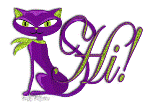



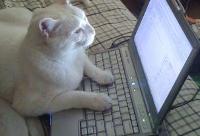









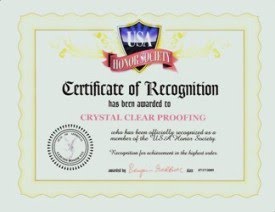









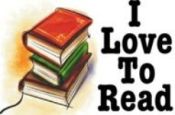
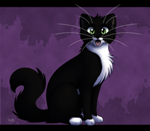
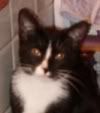
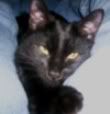







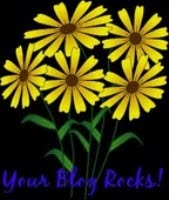






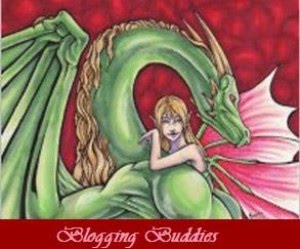











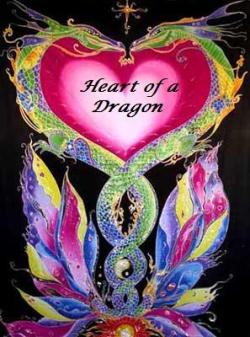


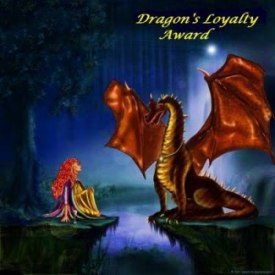





Another fine tutorial - got it stored in my Crystal Ball file on my PC. (wink)
ReplyDeleteThe Old Silly
Great post. I have a bad habit of forgetting to put my book titles in italics. Good tips about punctuation. I could never remember if it was quotation marks or parenthesis that always had it on the inside. And which is the one that the British do definitely? I know there is something that they always put their punctuation the opposite of us. ( One of those things I read somewhere but don't remember exactly what I read.)
ReplyDeleteMarvin: Thanks again for the much appreciated comment AND compliment...
ReplyDeleteChris: British convention places periods and commas outside the quotation marks, as opposed to the American style of placing them inside.
There are also several terms and words that are preferred there over what and how we use them here. (I'm planing on offering some examples in a future post.)
Parentheses can be tricky too, as far as punctuation inside or outside of them. You did it correctly above. If you had not put a period after "us" your sentence would have been typed as follows: "...I know there is something that they always put the punctuation the opposite of us, (one of those things I read somewhere but don't remember exactly what I read). Notice the comma after us and the period OUTSIDE the parenthesis.
Another point of interest is that parenthesis and parentheses are both accepted spellings of the word. Most generally the "e" version is used when referring to the set, and the "i" version when referencing just one of them.
I've had to relearn the rules about punctuation marks for the American market, since, as a Canadian, I was taught in the British style. It makes for a great deal of second-guessing.
ReplyDeleteElspeth
Elspeth: Oh absolutely! I find it difficult also, because, strangely enough when I was in GRADE school, I used to spell certain words the British way. Words like theatre and colour...I've almost got myself convinced that I've lived before in another place or time. Where else would I have learned or thought certain words were spelled like that?
ReplyDeleteDefinitely good to know, of course I'm going to save this because I know I won't remember.
ReplyDeleteI never knew it was the British spelling but I always write theatre, because working in theatre that's how we always spell it. I usually only write theater if I'm refering to a cinema. Of course that is probably just my little thing. I can't wait for your British vs American post. Your answer to Elspeth makes me realize I use many British words. Like Honour. It just looks more regal that way. LOL.
Chris: SEE?! There we go again! Another thing in common! Now I ask you, just as I commented to Elspeth, why in the world would certain words like that look correct to us? And in grade school, I was often corrected by the teacher; I specifically remember her telling me that I was spelling certain words like they do in England.
ReplyDeleteNothing in my ancestory, no reason whatsoever to explain it.
I researched it again when writing your feature, specifically because you worked in theater and have a lot of background in that area. I wanted to see if perhaps what you wrote here was the case, that theatre was for performing arts and theater for cinema. What I found out is that they are interchangeable, but theatre is the preferred British spelling, and theater is indeed the preferred American spelling.
Well my ancestors are Scotch-Irish, but maybe we have been reincarnated and in a past life we were British. And probably knew each other, which would explain how we bounded so quickly and have so much in common. Then again it could just be my love of European history. Sad to say, but American history just doesn't hold the same allure for me.
ReplyDeleteGlad to hear others have issues! I still mourn every time I must spell colour without the 'u'. It just looks wrong. And YES!!! theatre should be spelled 're'. It just should.
ReplyDeleteI always say I'm Canadian by birth, Irish/English by heritage, English by inclination. The Italian last name is just to throw people off!
Elspeth
I always get mixed up on the quotation within the quotation ending. Great info.
ReplyDeleteThank you :-)
Angie
http://www.MyGemofWisdom.com
Thank you for stopping by, Angie!
ReplyDelete